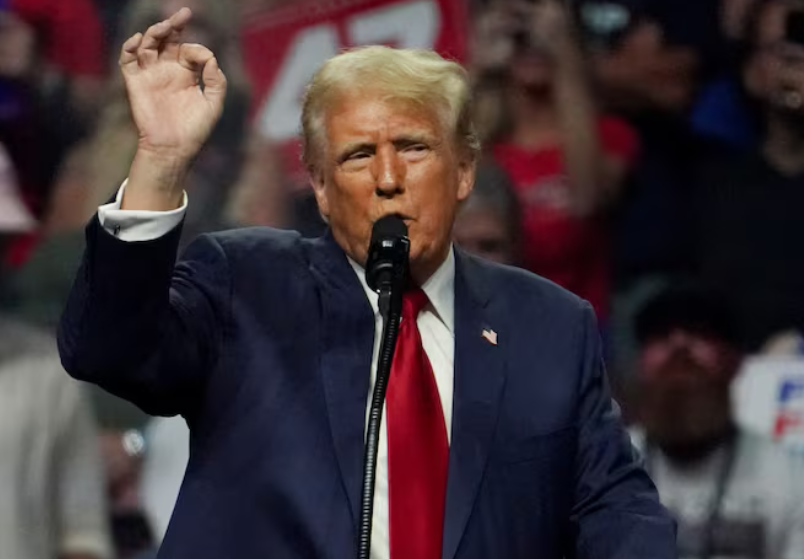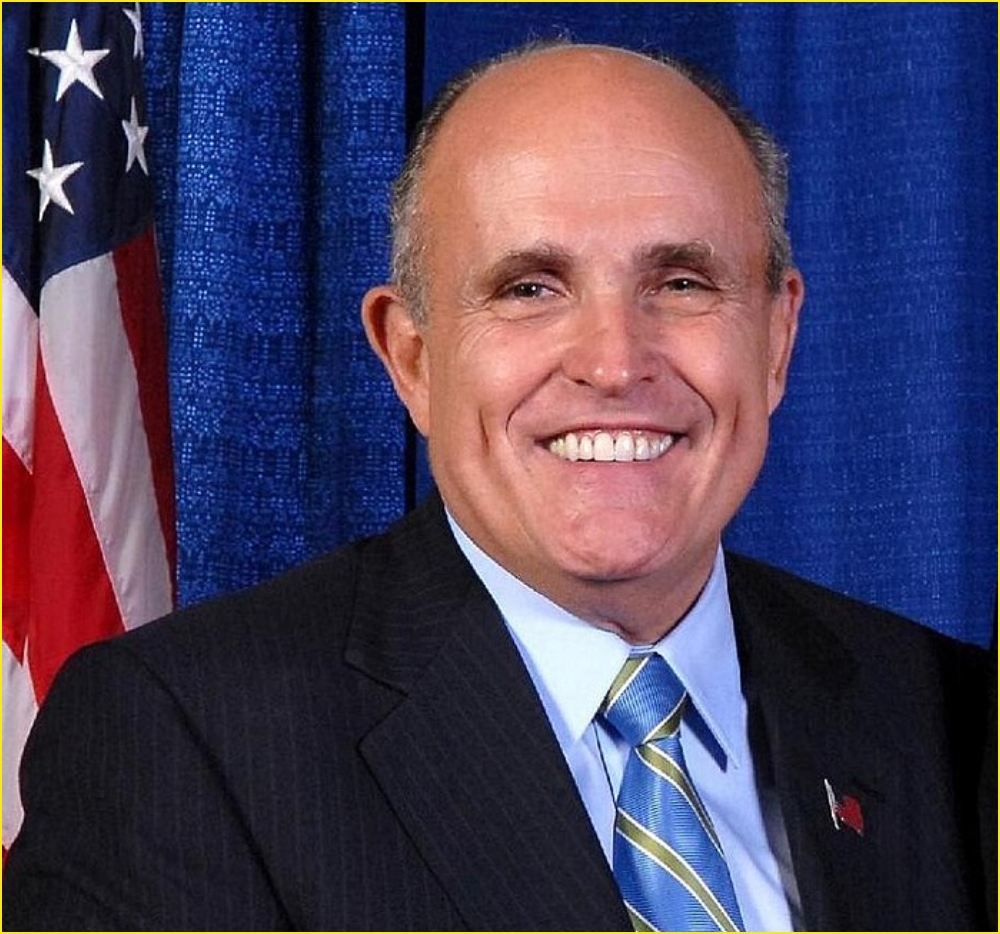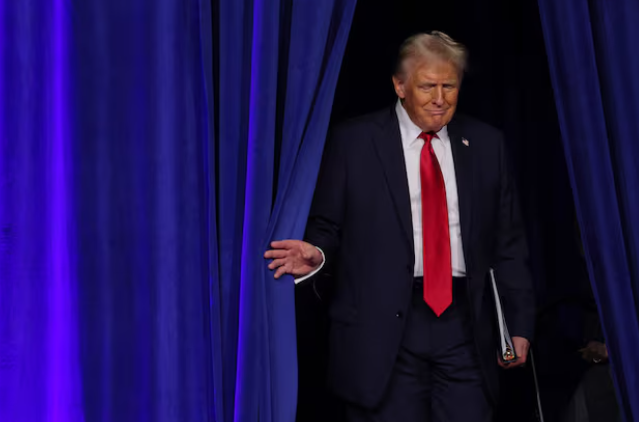In a sweeping move, President Donald Trump granted full, unconditional federal pardons to Rudy Giuliani and more than 70 others.
While legally limited—it covers only federal liability and none of those pardoned were federally charged in the first place—the action delivers a powerful symbolic message: allegations of undermining American democracy may carry little real-world risk when it suits those in power.

Legal Reach vs. Symbolic Weight
Technically, the pardons have minimal immediate impact. Many of the individuals named face no existing federal indictment; the pardons do not apply to state prosecutions, where key cases (in Georgia, Michigan, Arizona) are still active. The classification of the pardon as “largely symbolic” is widely acknowledged.
However, symbolism in this context is no small matter.
By declaring these actions a “grave national injustice” and extending pardons to figures whose conduct helped fuel the Capitol attack and fake-elector schemes, the move positions these individuals as martyrs—not perpetrators. For aspiring or future actors in elections, the message may read: challenge the result, push the boundaries—and you may still avoid federal accountability.
Democratic Norms at Risk

The core risk here isn’t just who got pardoned—it’s the precedent set. In democratic governance, the peaceful transfer of power and the integrity of the electoral process are foundational. When the executive branch signals leniency toward those who sought to disrupt that transfer, it sends yet another erosion of the norms that keep democracy functioning smoothly.
Moreover, accountability—even if delayed or imperfect—is part of the deterrent mechanism in any rule-bound system. Remove the threat of consequences for election subversion, and future efforts may increasingly rely on coercion, false slates, or exploitation of institutional vulnerabilities.
A Tactical Versus Strategic Move
Some analysts suggest the pardons serve not only to protect allies but also to influence ongoing state-level prosecutions. While the federal government cannot halt state cases, the pardons may serve as a political shield or rhetorical argument for defendants in those proceedings.
But strategically, this may be a miscalculation.
The more this sort of pardon is seen as reward rather than justice, the more it fuels public mistrust—among voters, opponents, and institutions alike. Democracy thrives on legitimacy; mass pardons for election interference risk chipping away at that foundation.
Final Thoughts
This isn’t merely about Rudy Giuliani or about a controversial pardon list. It’s about the signal being sent: that in the highest reaches of power, actions that challenged the outcome of an election can be rewarded, not punished. Democracy isn’t just about laws—it’s about expectations, norms, and the mutual belief that no one is above the system when the rulebook matters.
This act may be legally harmless (for now). But the long-term cost could be substantial: a weakening of the invisible contract between the governed and those governing, and a reminder that the most dangerous threats to democratic stability often arrive not via force, but via indecision and impunity.

